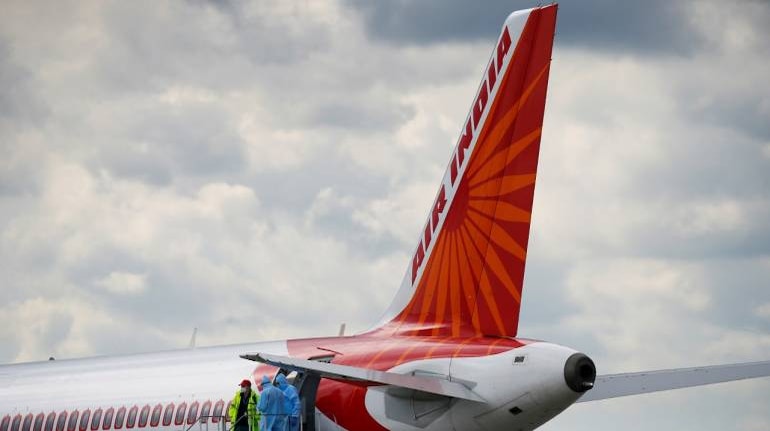



Senior officials in the Civil Aviation Ministry and Air India told Moneycontrol that S K Mishra the government-appointed director on the board of the airline will take over everyday operations until the government takes a decision about the privatization of the national carrier.
Following that appointment of Rajiv K Bansal as the Secretary of Ministry of Civil Aviation from October 1, the post of the Chairman & Managing Director at Air India is lying vacant, in the midst of the airline's divestment.
"We have not received any communication from the government about a new CMD till now," a senior official in the airline said.
The government is in the process of selling its 100 percent stake in Air India and has received bids from the Tata Group and Ajay Singh for the airline.
The Tata Group is expected to be frontrunners for taking over Air India, sources had told Moneycontrol.
The government as part of its current attempt to sell its 100% stake in Air India has changed the bidding norms in October 2020, and sought bids based on enterprise value.
According to the new plan, the successful bidder does not have to absorb any predetermined debt. Air India has a net debt of around Rs 60,000 crore.
As part of the current plan, the government will also divest its 100% stake in Air India, Air India Express and a 50% stake in ground handling company AISATS.
Bids for the carrier are being sought at enterprise value. Of Air India's total enterprise value, as part of the formula, a minimum 15 percent will go to the government and the rest will be used to reduce existing debt.
Earlier this week, the government decided on the reserve price for Air India, when there was a meeting of the committee of secretaries, headed by Cabinet Secretary Rajeev Gauba.
The government has likely set the minimum reserve price for the sale of national carrier Air India at around Rs 15,000 crore. The reserve price set is the price below which the government will not accept offers for the national carrier.
As per reports, Tata Sons have sought a sovereign guarantee against any pre-acquisition financial or legal claims that Air India may face.
The reserve price of Air India is based on the valuation of all of Air India’s assets, including its buildings, fleet, international landing slots and working agreements.
Discover the latest Business News, Sensex, and Nifty updates. Obtain Personal Finance insights, tax queries, and expert opinions on Moneycontrol or download the Moneycontrol App to stay updated!
Find the best of Al News in one place, specially curated for you every weekend.
Stay on top of the latest tech trends and biggest startup news.